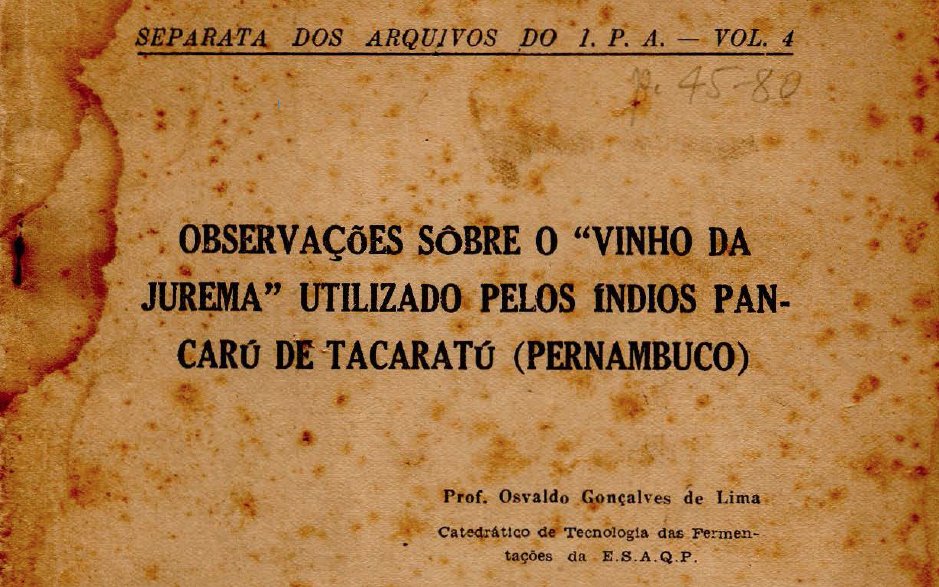
researchgate.net/publication/35…
Overcoming #EpistemicInjustices in the biomedical study of #ayahuasca: Towards #ethical and sustainable #regulation. New paper for “Cultural context and ethical issues in the therapeutic use of psychedelics” special issue of Transcultural Psychiatry 🧵1/
Overcoming #EpistemicInjustices in the biomedical study of #ayahuasca: Towards #ethical and sustainable #regulation. New paper for “Cultural context and ethical issues in the therapeutic use of psychedelics” special issue of Transcultural Psychiatry 🧵1/
We (me and non-tweeter 🇧🇷 PhD lawyer Konstantin Gerber) reviewed 4 decades of biomedical research about the sacred and ancient vine of the Amazon, documenting how biomedicine systematically commits a specific kind of injustice: against indigenous people as givers of knowledge. 2/
The powerful concept of epistemic injustice was introduced 15 years ago by Miranda Fricker (University of Oxford) and greatly helped us frame and analyse some past and current trends in ayahuasca research, which is also important to psychedelic science in general. 3/ 

The paper is loooong (15 pages, 100+ refs). More like a deep embodied multi-dose ayahuasca experience than a quick DMT OBE. If you want things quick, follow along for main points. If you want to dive deeper, please take some time to read the full paper 🤓📚 4/
We start briefly reviewing some key points of one exemplary indigenous people's rich epistemology, simply because both of us are more familiar with it due to personal experiences and connections: The Huni Kui (aka Kaxinawa or Cashinauá). 5/
Then we carefully review current regulatory situations in 🇨🇴 🇧🇷 🇵🇪 and globally🌐, which makes ayahuasca, at once, anything from prohibited dangerous drug of abuse, sacred potion or potentially “revolutionary” biomedical treatment, depending on where and who you ask. 6/
Then we explore the foundations of the current biomedical approach to ayahuasca, epitomised by the late Jordi Riba in this 2005 paper pubmed.ncbi.nlm.nih.gov/16149336/, when ayahuasca was defined as an “unusual challenge to the pharmacologist”. 7/
We then detail the consequences of fitting an unusual challenge into a reductionist approach: the still unsuccessful standardisation (with two plants only), freeze drying and double-blinding (does it work as planned?), ignoring music, DMT-centrism, n.euro-centrism, and more… 8/
An example is the colonisation undertone in accounts of DMT’s psychoactivity, credited as an European discovery (Szara 1956), when it was extracted, tested and named “nigerina” by 🇧🇷 chemist Osvaldo Gonçalves de Lima (1946), in field work among Pancarú indigenous people. 9/ 

Worth adding here that B. caapi chemical studies began with 🇨🇴 Guillermo Fisher in 1923 (Núñez-Olarte, 1959) when the isolated alkaloid was called “yageína” (Villalba, 1925), after Rafael Zerda-Bayón called it “telepatina” in 1906 (Mantere, 2013). 10/
At this point the epistemic injustice clearly emerges: biomedicine is appropriating the object of knowledge (plants/beverage/extracts/molecules) while disregarding the givers of knowledge, their epistemology and wisdom. 11/
The consequences can be dire, both to indigenous peoples (ongoing violation of fundamental rights), to important losses in biomedical knowledge (epistemic injustices are not only unfair but also unreasonable), ultimately becoming detrimental to patients in clinical trials. 12/
Key issues for indigenous peoples include patenting of plants, beverages, compounds, molecules; and persecution against their practices while (mostly white) church groups are privileged and protected, especially in the current unjust and unfair Brazilian regulation. 13/
As indigenous leader Ailton Krenak recently said in a Brazilian TV show: “they can try to patent and sell, but will never understand what a Pajé does when singing with these plants, so people will buy a ticket to nowhere”. 14/ 

On the biomedical side, we’re losing knowledge about an astounding variety of #ayahuascas (plural) and beta-carbolines’s many effects. 15/
Also lots of psychological/spiritual insights are lost, as researchers disregard qualitative data which, surprisingly, seems a stronger trend in papers about ayahuasca than other psychedelics. 16/
@threadreaderapp compile please
• • •
Missing some Tweet in this thread? You can try to
force a refresh





